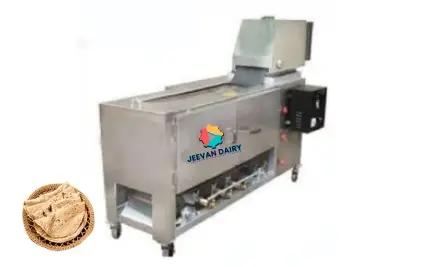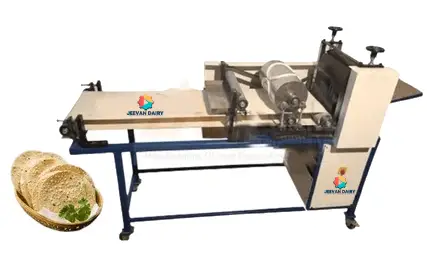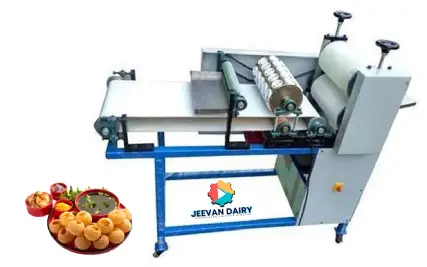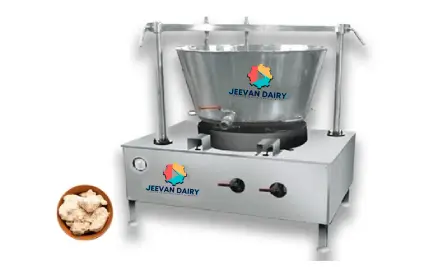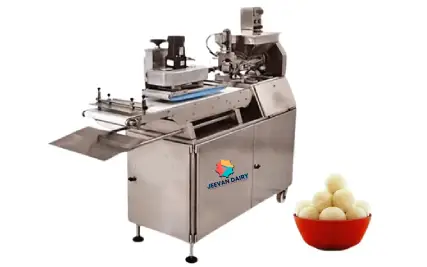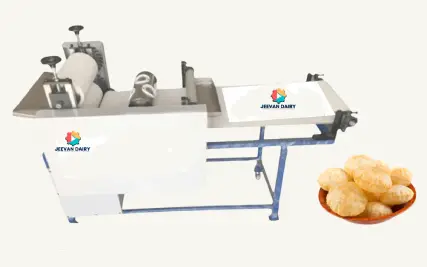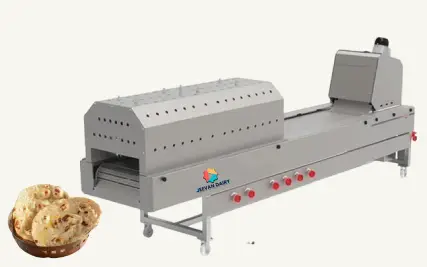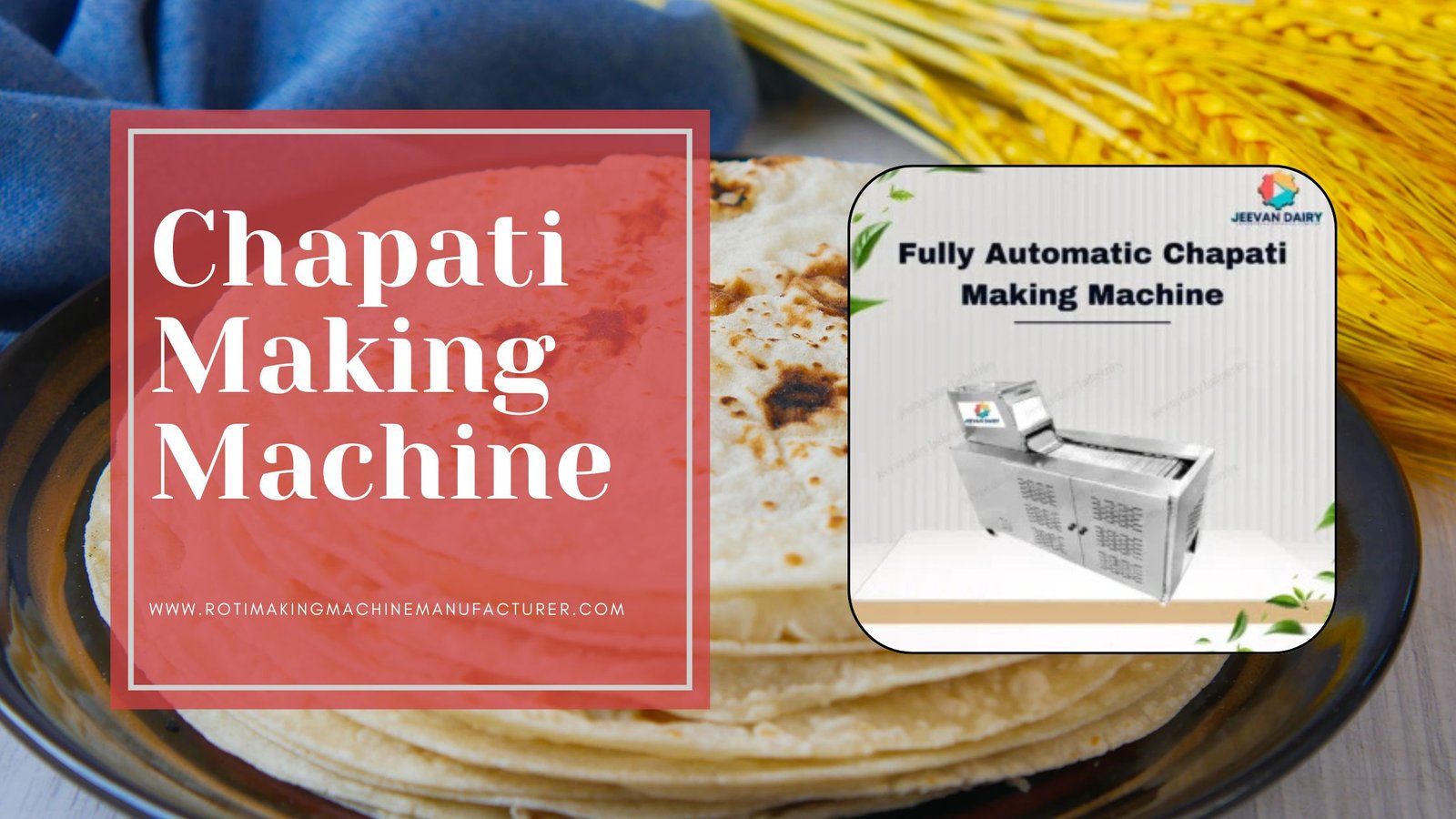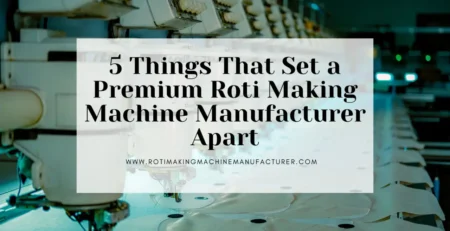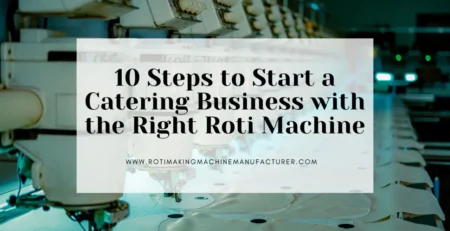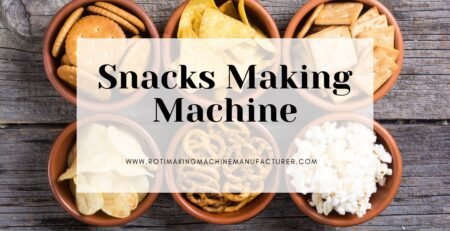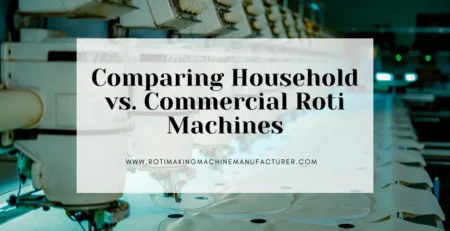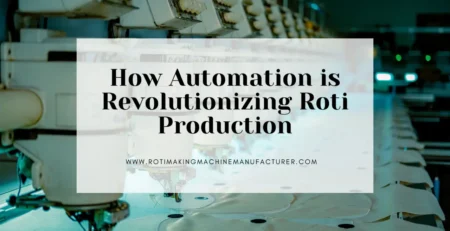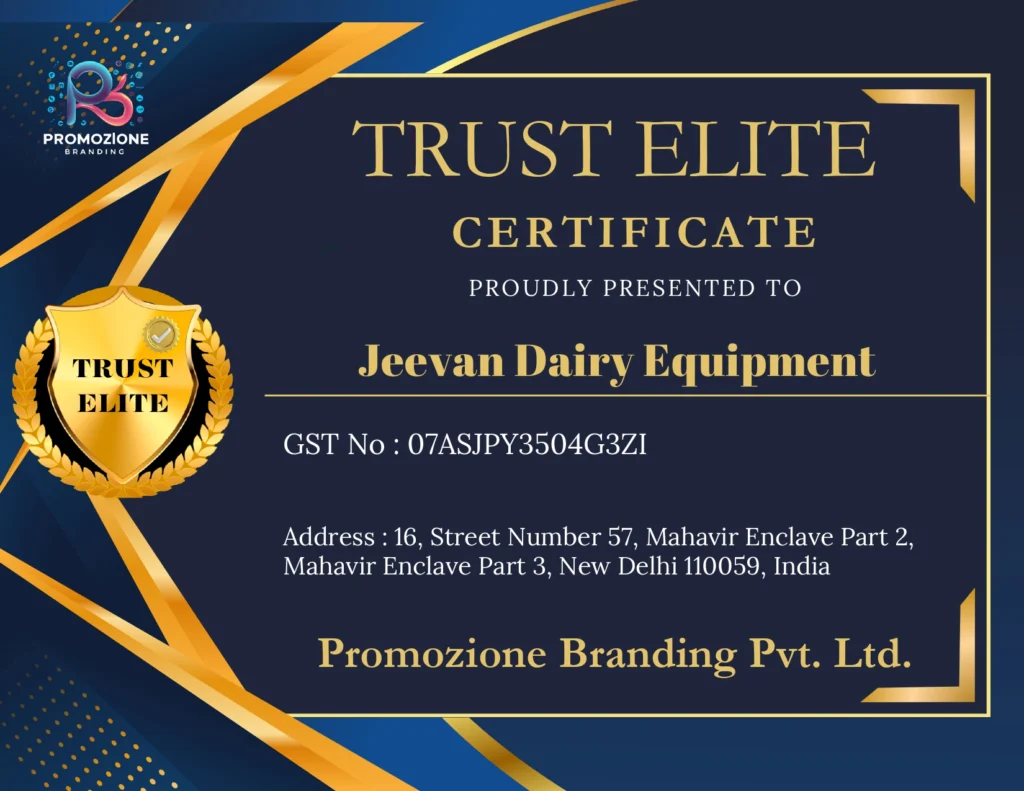From Dough to Perfection: Why Roti-Making Machines Are Revolutionizing Kitchens
For centuries, the humble roti (also known as chapati) has been a staple in Indian households. A symbol of tradition, comfort, and daily life, this soft, round bread is served with nearly every Indian meal. But while rotis are simple in form, making them manually, especially in large quantities, requires skill, time, and consistency.
Enter the roti-making machine—a technological solution that’s transforming how homes, hotels, canteens, and commercial kitchens prepare their daily bread. As more food businesses embrace automation, finding a trusted roti-making machine manufacturer becomes essential.
The Rise of Automated Roti Makers
In today’s fast-paced world, even traditional cooking methods are being reimagined for efficiency. What once took several people hours to do manually can now be completed in minutes, thanks to compact, efficient roti-making machines.
These machines are designed to knead, roll, flatten, cook, and puff rotis automatically, with minimal human intervention. The result? Perfectly round, soft, and evenly cooked rotis every single time.
Manufacturers have stepped up to meet the growing demand from:
- Commercial kitchens and industrial caterers
- Schools, hospitals, and hostels
- Restaurants and cloud kitchens
- Temples and mass kitchens
- Households looking for convenience
Why Roti Making Machines Are Gaining Popularity
It’s not just about speed. Here’s what makes these machines increasingly essential:
- Consistency: Each roti is uniform in shape, size, and thickness.
- Hygiene: Minimal human contact ensures clean, safe food production.
- Efficiency: Produces 500–1000+ rotis per hour depending on the model.
- Labor Savings: Reduces dependency on skilled kitchen staff.
- Ease of Use: Machines are designed to be user-friendly and programmable.
As food production scales up across India and abroad, the roti making machine is becoming a silent hero in commercial kitchens.
What to Look for in a Roti Making Machine Manufacturer
Choosing the right manufacturer isn’t just about price—it’s about trust, reliability, and post-sale support.
Here are some important factors to consider:
1. Build Quality
Stainless steel construction is preferred for durability and food safety. The machine should be designed to handle continuous operations without overheating or breakdowns.
2. Customization
Manufacturers who offer customizable output sizes or integration with dough kneading systems are a step ahead.
3. Ease of Maintenance
A good machine should be easy to clean and maintain with accessible parts and service support.
4. Power Efficiency
With rising electricity costs, energy-efficient models make a big difference.
5. After-Sales Support
Ensure your supplier provides installation guidance, staff training, and ongoing technical support.
How a Trusted Manufacturer Sets You Up for Success
Partnering with an experienced roti-making machine manufacturer offers numerous benefits:
- Time-tested designs based on market research
- In-house R&D for improving efficiency and reducing noise
- Compliance with food safety standards
- Spare parts availability for years after purchase
- Scalable solutions, from semi-automatic to fully automatic models
Manufacturers that prioritize innovation and client satisfaction stand out in an increasingly competitive market.
Why Choose Us?
As a leading roti-making machine manufacturer in India, we combine innovation with experience to deliver high-performance machines trusted by kitchens across the country.
Our machines are:
- Stainless steel body with food-grade contact parts
- Designed for high-volume production
- Energy-efficient and low-maintenance
- Equipped with safety sensors and auto-shutdown features
- Backed by prompt after-sales support and training
Whether you’re starting a food business or upgrading your canteen kitchen, we ensure your investment works for you from day one.
Applications Across Industries
Our roti-making machines serve a variety of sectors, including:
- Industrial catering units
- Religious institutions
- Military mess kitchens
- Corporate food service
- Food delivery kitchens
And as awareness grows, we’re also seeing interest from urban households and small businesses eager to automate home-cooked food.
Conclusion
The future of food preparation is smart, clean, and efficient—and roti making machines are leading this quiet revolution in Indian kitchens. For businesses and institutions handling large volumes, these machines offer unbeatable consistency, hygiene, and savings.
But to truly benefit, you need more than just a machine—you need a reliable manufacturer who understands your operational needs and supports you every step of the way.
Looking to streamline your kitchen? Let our machines do the rolling, pressing, and cooking—while you focus on growing your food business.
FAQs on Roti Making Machines
Q1. How many rotis can a commercial machine make in an hour?
Depending on the model, a commercial roti maker can produce anywhere from 500 to 1000+ rotis per hour.
Q2. Can the machine adjust to different sizes or thicknesses?
Yes, most advanced machines allow adjustment of thickness and diameter as per your requirement.
Q3. Is the machine suitable for home use?
While these machines are primarily designed for commercial use, we also offer compact, semi-automatic versions for households.
Q4. What type of flour is recommended?
Whole wheat flour is typically used. It’s best to use fresh dough with consistent moisture for ideal results.
Q5. How do I clean and maintain the machine?
Most models are built for easy cleaning. We provide manuals and demos during installation. Regular cleaning with a soft cloth and food-safe solutions is advised.

